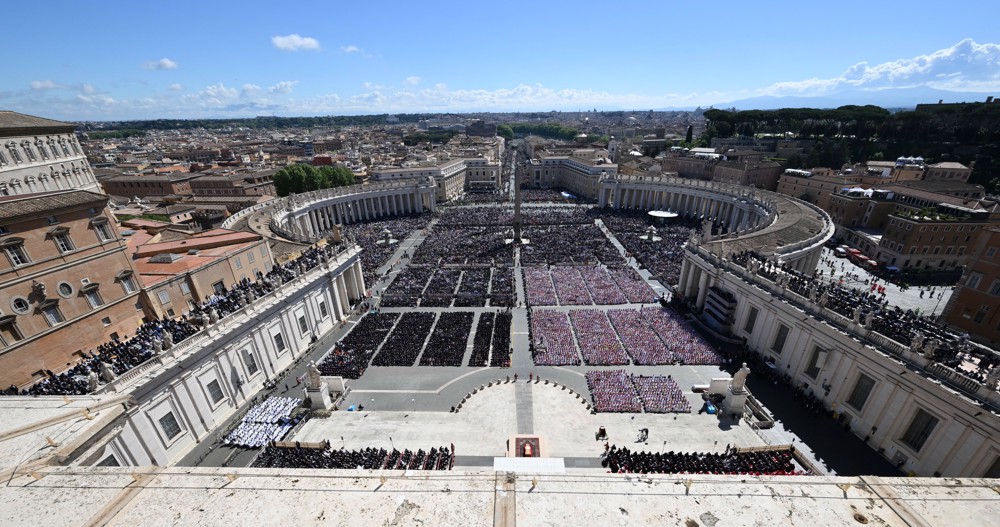General strike paralyzes public services across Greece
Greece’s biggest workers’ unions have staged a 24-hour-long strike against drastic pension cuts planned by the government, bringing public services to a standstill across the country.
Millions of workers launched the industrial action on Thursday, heeding a call by the leaders of the two unions, which cover the public and private sectors. The day also witnessed a thousands-strong march through the capital Athens in support of the protest action, with demonstrators and the police trading fire bombs and stun grenades.

Workers are alarmed as the government plans to roll out a new social security system, under which state-guaranteed pensions will be squeezed into a half -- the minimum standing at EUR 384 (USD 420) -- while supplementary pensions will be conditioned on a person's income and years of social security payments.
The walkout disrupted transport across the country and shut public offices and state-run schools. Hospitals are also operating only with emergency staff.
In July, the government of Prime Minister Alexis Tsipras agreed to demands by lenders, namely the European Commission, the European Central Bank, and the International Monetary Fund, that the country impose further austerity measures in exchange for a three-year-long EUR 86-billion (USD 93-billion) bailout. The country needs the money to avoid exiting the single-currency eurozone.
The planned pension cuts are part of the economic measures that Athens is required to embark on.
'We soldier on'
Despite the overwhelming public backlash against austerity, the premier has asserted, "We will endure and achieve our targets. The people will judge us at the end of our term... in the autumn of 2019."
Nikolaos Adamopoulos, the head of the leading civil servants' union, ADEDY, has, however, warned, "There will be a rearrangement in the political scene. There may be a majority in parliament in favor of the bailout but this is not reflected in society."
Greece has already received two bailouts in 2010 and 2012, worth a total of EUR 240 billion (USD 272 billion) from its creditors following the country's economic crisis back in 2009.

Trump, Zelensky hold 'productive' talks ahead of Pope's funeral in Rome

World leaders, mourners bid farewell to Pope Francis at funeral in Rome

Norway establishes diplomatic ties with State of Palestine amid Israel's Gaza genocide
US airstrike on Yemeni capital kills 8 people
VIDEO | Press TV's news headlines
Iran more than halved its power grid losses to 10% in 16 years: Expert
Abbas names likely successor in move deemed ‘illegitimate, divisive’
Illegal Israeli settlers attack Palestinian school in occupied West Bank
VIDEO | Israeli forces tighten siege on Jenin refugee camp
Iran restores operations at its largest container port after explosion
Leader offers condolences over ‘painful’ port blast in southern Iran












 This makes it easy to access the Press TV website
This makes it easy to access the Press TV website